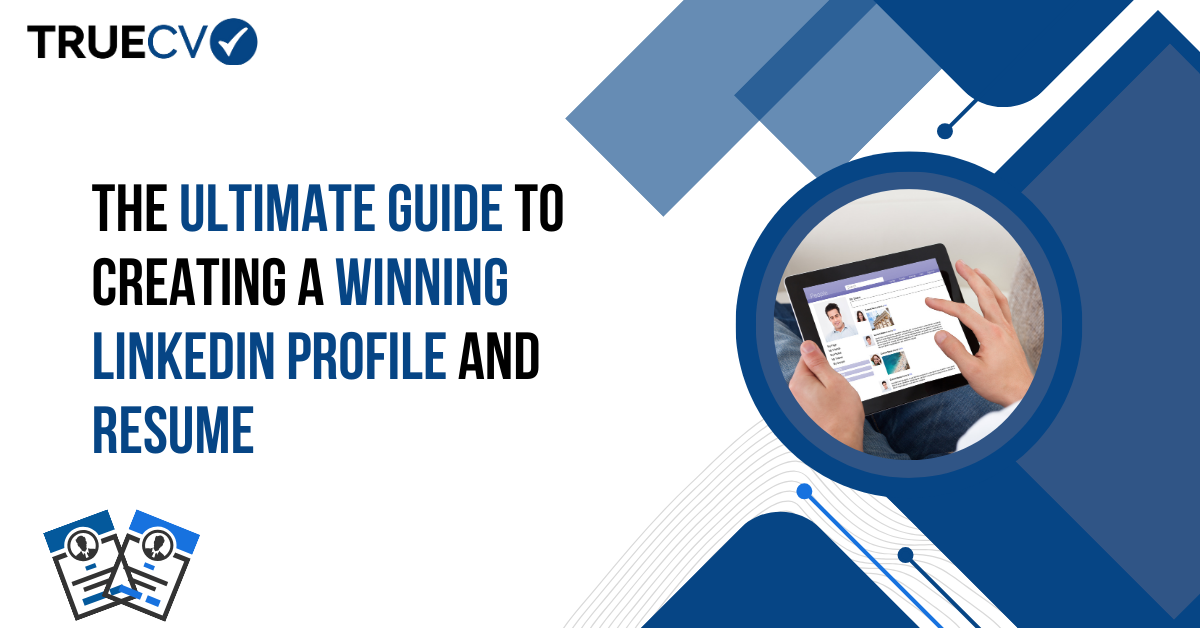
How To Write a Resume as a Digital Marketer
In the dynamic and ever-evolving realm of digital marketing, the significance of a meticulously crafted resume cannot be overstated. As the initial point of contact between you and potential employers, your resume should not only underscore your skills and experiences but also demonstrate a profound understanding of the digital landscape. In this comprehensive guide, we will delve into the key elements essential for a successful digital marketing resume, offering insights to help you stand out in the competitive digital marketing job market.
Clear and Impactful Summary:
Initiate your resume with a concise and impactful summary that offers a snapshot of your professional journey. Spotlight your expertise in digital marketing, emphasizing key skills such as SEO, SEM, social media management, content marketing, and analytics. Use this section to briefly narrate your digital marketing story, providing potential employers with a compelling glimpse into your career trajectory and future potential.
Strategic Use of Keywords:
Given the prevalence of Applicant Tracking Systems (ATS), incorporate relevant keywords from the job description to enhance the likelihood of your resume passing through screening processes. Utilize terms specific to digital marketing trends and technologies, showcasing your familiarity with the industry's latest buzzwords. This not only ensures your resume gets noticed but also reflects your ongoing commitment to staying current in the dynamic digital marketing landscape.
Showcase Achievements:
Quantify your achievements wherever possible. Whether it's increasing website traffic by a certain percentage, elevating social media engagement metrics, or contributing to revenue growth, use specific metrics to provide tangible evidence of your impact in the digital marketing realm. Employers are not only interested in what you've done but also in the measurable outcomes of your efforts.
Highlight Digital Marketing Skills:
Devote a dedicated section to list your digital marketing skills. Beyond technical proficiencies like SEO optimization, PPC management, and familiarity with tools such as Google Analytics, emphasize your soft skills. Highlight your creativity in campaign ideation, your adaptability to evolving trends, and your analytical thinking in interpreting data to drive informed marketing decisions.
Tailor Your Resume to the Job:
Customize your resume for each digital marketing job application. Conduct a thorough analysis of the job description and align your experiences and skills with the specific requirements outlined. Tailoring your resume not only demonstrates your suitability for the position but also shows your prospective employer that you've taken the time to understand their unique needs.
Detail Your Experience:
In the experience section, provide a detailed account of your digital marketing work history. Go beyond listing responsibilities and delve into the impact of your roles on the overall success of digital marketing campaigns or projects. Use action verbs to convey a sense of accomplishment, and be specific about challenges you faced and successfully navigated. This paints a vivid picture of your capabilities in action.
Education and Certifications:
Include pertinent educational background and digital marketing certifications (e.g., Google Ads, HubSpot, Facebook Blueprint). Briefly highlight how these educational experiences have contributed to your skill set and emphasize your commitment to continuous learning in the ever-evolving digital marketing landscape.
Showcase Your Portfolio:
If applicable, incorporate a link to your digital marketing portfolio. This could encompass a diverse range of examples, including successful campaigns, content creation, or website optimization. Provide context for each portfolio item, explaining your role, the objectives, and the results achieved. A portfolio offers potential employers a deeper understanding of your skills and a tangible demonstration of your work.
Demonstrate Adaptability:
Highlight instances where you've swiftly learned and applied new strategies, tools, or technologies in response to the dynamic nature of the digital marketing landscape. Share specific examples of how your adaptability has led to successful outcomes, reinforcing to employers that you are not just competent but also agile in navigating industry changes.
Include Professional Memberships and Associations:
Mention any memberships in relevant professional digital marketing associations or groups. Provide a brief overview of your involvement, such as attending industry conferences, participating in webinars, or contributing to discussions. This demonstrates active engagement in the digital marketing community and underscores your commitment to continuous professional development.
Conclusion:
In the fiercely competitive field of digital marketing, a meticulously crafted resume is your key to securing interviews and advancing your career. By focusing on a clear and engaging summary, strategic keyword integration, quantifiable achievements, and customization for each application, you can create a resume that not only reflects your skills and experiences but also captivates the attention of potential employers. Remember, your resume is a dynamic document that should evolve as your digital marketing career progresses, so keep it updated with your latest achievements and experiences. Stay agile, stay informed, and let your resume be a testament to your ongoing commitment to excellence in digital marketing.





